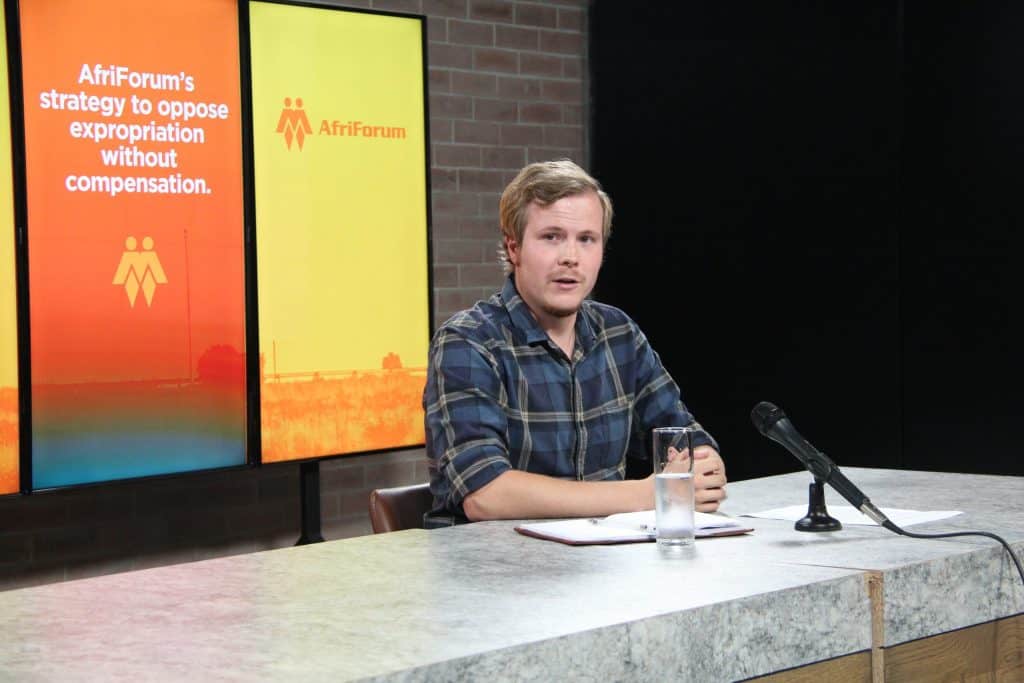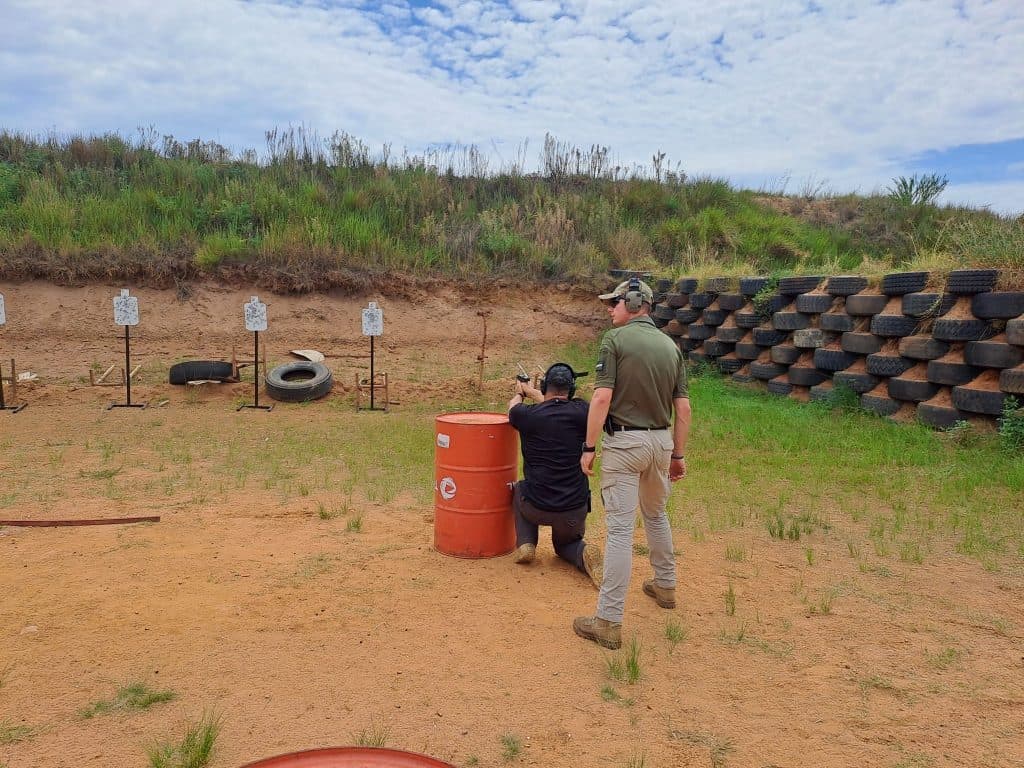The letter ‘T’ is under discussion and is illustrated above. ‘T’ stands for ‘TWAK’ (‘nonsense’).
After four months, my most painful observations are twofold:
- Afrikaner hospitality is hard to find. What kind of nonsense is that?
- Afrikaner children are put in English schools to give them a head start. What kind of nonsense is that?
- Afrikaner hospitality is hard to find.
Anyone who has been to Paris, France, will tell you a Parisian doesn’t like anything English. However, it will be a big mistake to tar the rest of France and all French with the same brush. A Parisian is not a normal Frenchman, just as a Londoner is not representative of the British. There is often something off about city people. However, I expected more from Pretorians and “Centurians”.
I feel many people are bothered by angst that results in a scarcity mentality. This scarcity fear leaves no room for other people, especially new friends or close friends. On the contrary, it leaves no room for any hospitality, because people are too busy holding their toys and playmates close to their chest. I don’t see community: those closest to you to whom you speak first when the pawpaw hits the fan, or who really knows what kind of work you do, or what your dreams and ideals are. True friends and people who want to know more about you than you’ll ever know about them. True friends and people who listen more than they speak.
Scarcity fear shrinks your head and your world. You shrink in all respects.
- Afrikaner children are put in English schools to give them a head start.
I’m sorry, but there’s no head start here. I have heard that English has acquired high status in South Africa, so it seems to me it is just one more place you need to keep up with the Joneses.
Mastering your mother tongue really leads to easier mastery of a second language. In London, we almost never spoke English to our children. And on top of that we homeschool them. We did teach them to read and write from an early age. Reading English will increase your vocabulary and your mastery of the language. At respectively eight and ten years old, they speak English fluently.
To my mind, the biggest tragedy is the weakening of the Afrikaner culture of our Afrikaner children in English schools. Culture anchors you; it is a way of thinking and doing. We have too many Afrikaner success stories in our midst to ignore our cultural way of thinking and doing or to apologise for it.
The result is an English speaking South African. I’m not sure what that means, or whether it has any benefits.
Enjoy the rest of your week and remember: Those persisting always win!
Listen:
- Klipkouers podcast is the first Afrikaans programme on CliffCentral.
Disclaimer: Worldwide makes use of contributors who write and contribute opinion pieces. The views and opinions expressed in these articles are those of the authors and do not necessarily reflect the views of Worldwide.
Share on
Latest articles




















